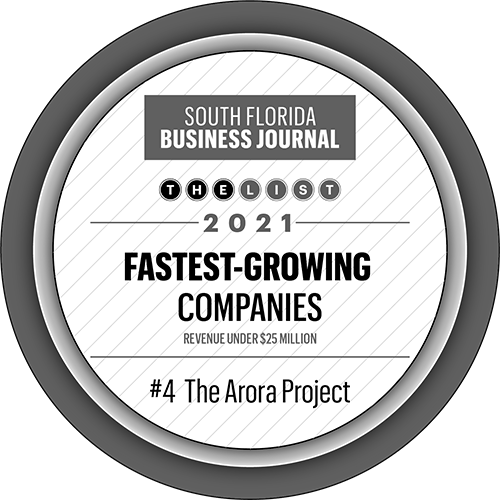Thinking about launching a new venture? You might have heard of a little something called Rewards-Based CROWDFUNDING. Popularized by platforms like Kickstarter and Indiegogo, Rewards-Based Crowdfunding is the new go-to for consumers seeking to score serious pre-order discounts and adopt new products ahead of their peers. But what’s the draw for entrepreneurs?
Spoiler: It’s HUGE.
Here’s why Rewards-Based Crowdfunding is now the bigger, better, and faster way to get your product noticed.
1: Rewards-Based Crowdfunding is Low Risk
Once upon a time, in order to bring the product to market you had to go ALL IN financially. Getting started would cost you all your savings, get you neck-deep in high-interest loans or even mean taking out a second mortgage on your house. And after all that, your product could very well be a complete flop. With Rewards-Based Crowdfunding, anyone with an innovative idea has a chance to bring their product to market without going into serious debt or giving away equity. You’ll still have to pay for startup costs like your patent and prototype, But your manufacturing and distribution are essentially covered by your end consumer. Of course, your product can still fail to take off like you hoped it would—but you won’t have your entire livelihood hanging in the balance.
2: Rewards-Based Crowdfunding Raises Funds WITHOUT Sacrificing Equity
Are you a Shark Tank fan? If so, you’re likely well-versed in how brutal giving away equity can be. An investor may be open to funding your venture, but they’ll take your equity in exchange. Entrepreneurs who begin giving away equity too early can run into difficulty when they need to raise further funding down the line. In contrast, with Rewards-Based Crowdfunding your venture remains 100% yours. Rather than giving away equity, you raise your funding directly through consumer pre-orders. This gives you the double-edged advantage of proving people WANT your product while optimizing your company’s chances of raising funds through other methods in the future.
3: Rewards-Based Crowdfunding Tests Market Demand
If you’re a frequent dabbler in the crowdfunding world, you’ll have noticed that BIG companies are beginning to infiltrate platforms like Kickstarter and Indiegogo. While once these platforms were just for small-fry startups seeking to raise funding, the exponential growth of crowdfunding has made it a perfect match for companies seeking to gauge consumer interest in a product or product line. Through Rewards-Based Crowdfunding, you can easily determine the market demand for your idea WITHOUT putting up the costs involved in manufacturing units that may not sell.
4: Rewards-Based Crowdfunding Can Make Your Venture More Appealing to Investors
“This is a great idea, but how can you prove to me it’s going to sell?” — said every investor ever.
If you have big plans for the future of your company and need to raise venture capital, running a short crowdfunding campaign can give you the proof of concept you need to land a big fish. On top of that, you’ll generate valuable audience insights and actionable data (not to mention email leads).
The bottom line? Crowdfunding is growing in popularity and value at an exponential rate. In fact, global investment in crowdfunding is predicted to hit $93 billion by 2025. So if you think Rewards-Based Crowdfunding might be the right choice for your venture, there’s no time better than the present to get started.
Not sure how to take the leap? Consider hiring a crowdfunding agency to do the work for you. Or if you prefer to run your campaign independently, a crowdfunding course can help you gain an in-depth understanding of campaign success strategy.








